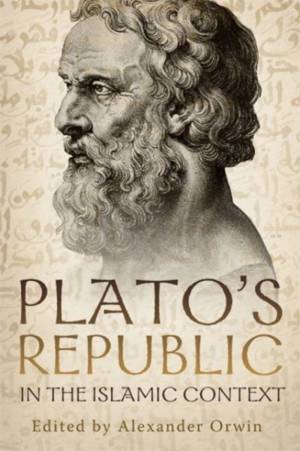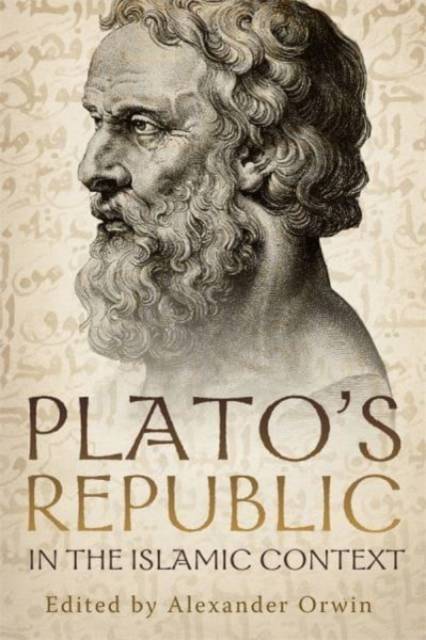
Bedankt voor het vertrouwen het afgelopen jaar! Om jou te bedanken bieden we GRATIS verzending (in België) aan op alles gedurende de hele maand januari.
- Afhalen na 1 uur in een winkel met voorraad
- In januari gratis thuislevering in België
- Ruim aanbod met 7 miljoen producten
Bedankt voor het vertrouwen het afgelopen jaar! Om jou te bedanken bieden we GRATIS verzending (in België) aan op alles gedurende de hele maand januari.
- Afhalen na 1 uur in een winkel met voorraad
- In januari gratis thuislevering in België
- Ruim aanbod met 7 miljoen producten
Zoeken
Plato's Republic in the Islamic Context
New Perspectives on Averroes's Commentary
€ 209,45
+ 418 punten
Omschrijving
The first collection of essays devoted entirely to the medieval philosopher Averroes's Commentary on Plato's "Republic" includes a variety of contributors from across several disciplines and countries. The anthology aims to establish Averroes as a great philosopher in his own right, with special and unique insight into the world of Islam, as well as a valuable commentator on Plato. A major feature of the book is the first published English translation of Shlomo Pines's 1957 essay, written in Hebrew, on Averroes. The volume explores many aspects of Averroes's philosophy, including its teachings on poetry, philosophy, religion, law, and government. Other sections trace both the inspiration Averroes's work drew from past philosophers and the influence it had on future generations, especially in Jewish and Christian Europe.
Scholars of medieval philosophy, ancient philosophy, Jewish studies, and the history of political thought more generally will find important insights in this volume. The anthology is also intended to provide the necessary background for teachers aiming to introduce Averroes's commentary into the classroom. With the Republic regularly appearing near the top of lists of the most frequently taught books in the history of philosophy, this volume shows how the most important medieval commentary on it deserves a place in the curriculum as well.
Scholars of medieval philosophy, ancient philosophy, Jewish studies, and the history of political thought more generally will find important insights in this volume. The anthology is also intended to provide the necessary background for teachers aiming to introduce Averroes's commentary into the classroom. With the Republic regularly appearing near the top of lists of the most frequently taught books in the history of philosophy, this volume shows how the most important medieval commentary on it deserves a place in the curriculum as well.
Specificaties
Betrokkenen
- Uitgeverij:
Inhoud
- Aantal bladzijden:
- 338
- Taal:
- Engels
- Reeks:
- Reeksnummer:
- nr. 3
Eigenschappen
- Productcode (EAN):
- 9781648250118
- Verschijningsdatum:
- 15/04/2022
- Uitvoering:
- Hardcover
- Formaat:
- Genaaid
- Afmetingen:
- 152 mm x 232 mm
- Gewicht:
- 657 g

Alleen bij Standaard Boekhandel
+ 418 punten op je klantenkaart van Standaard Boekhandel
Beoordelingen
We publiceren alleen reviews die voldoen aan de voorwaarden voor reviews. Bekijk onze voorwaarden voor reviews.








